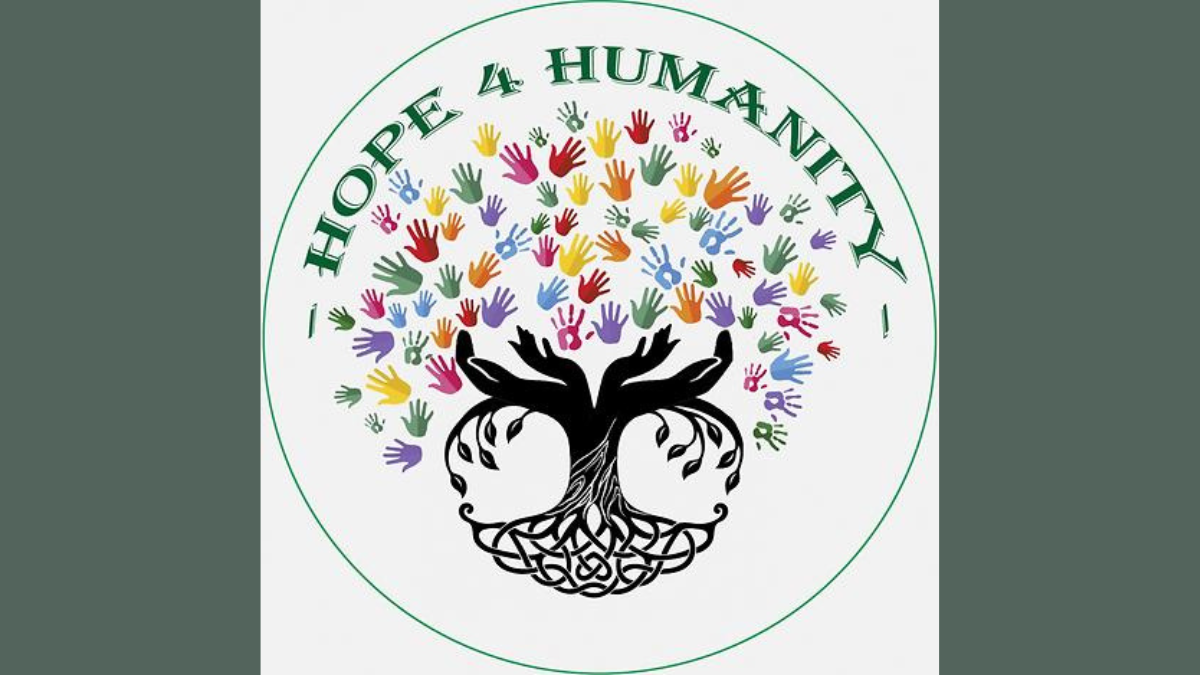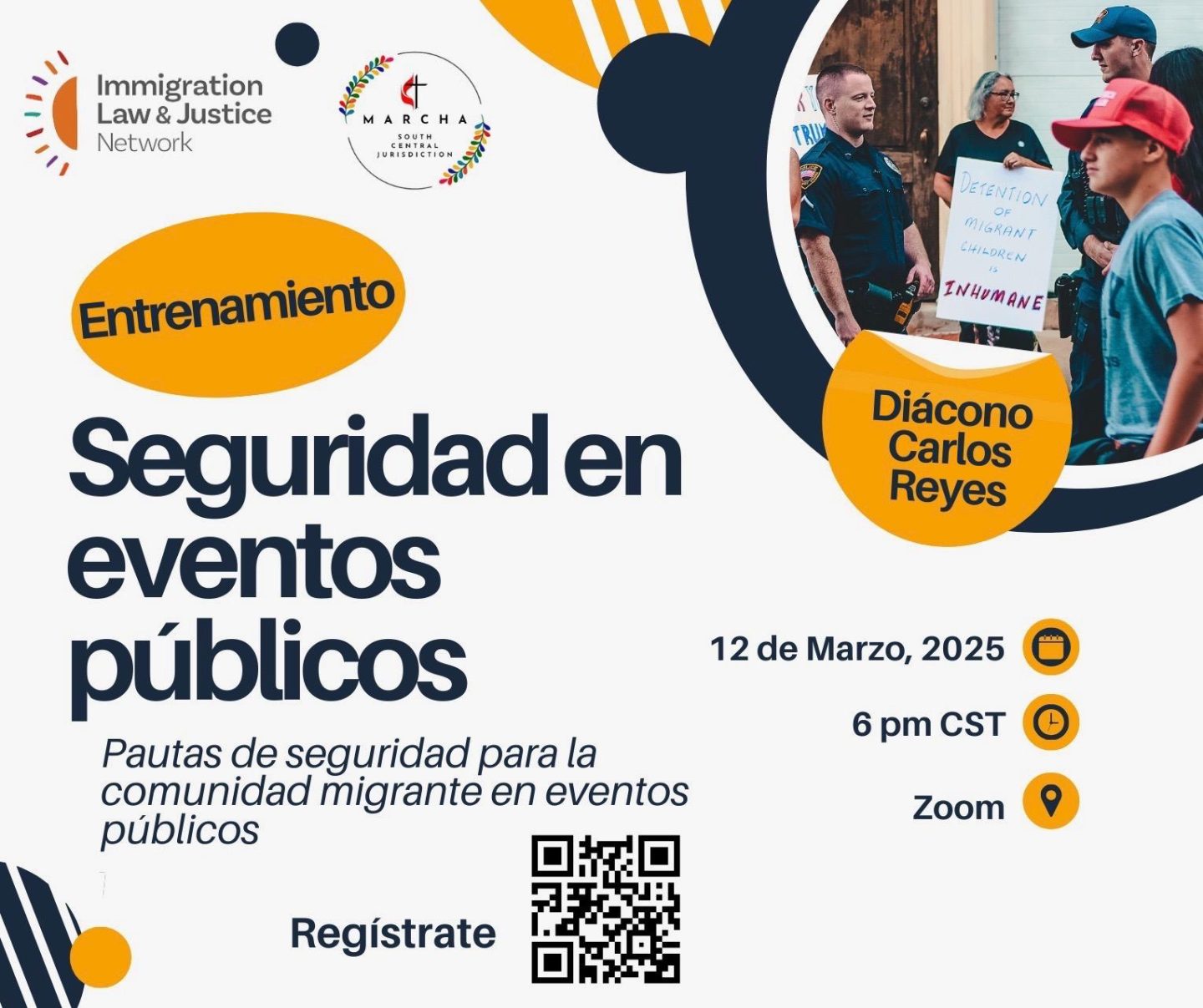June 1 – June 7
Join us on a pilgrimage to the Texas-Mexico border to experience the realities of migration and the impact of US immigration policy.
The reality of life on the borderlands is much more complex and unjust than most people realize. Hope 4 Humanity offers an experiential learning pilgrimage that explores the causes and difficulties of migration, as well as the impact of US immigration policies. This pilgrimage will bring to the forefront the voices of migrants and people who are committed to social change through hands-on experiences like visiting migrant shelters (in the US and Mexico) and interacting with migrants. We will learn about the economics of migration.
Monday through Wednesday, H4H will be partnering with Abara in El Paso, TX. Abara is linked with nearly 20 migrant shelters on both sides of the border. They partner with local leaders to facilitate connections through hospitality, advocacy, and friendship. Team Abara is resourcing shelter leaders, welcoming new arrivals, and assisting migrant entrepreneurs. We join in solidarity with families who are fleeing rivers of violence, despair, and natural disasters in search of refuge, safety, and community. Check out Abara at www.abara.org.
Thursday and Friday, we will cross the border into Cd. Juarez, MX where we will partner with Estandarte Ministry. Estandarte values, serves, and responds to the needs of the people of La Felipe Angeles Community in Cd. Juarez is in the midst of violence, terror, and fake news by the cartels and polleros.




